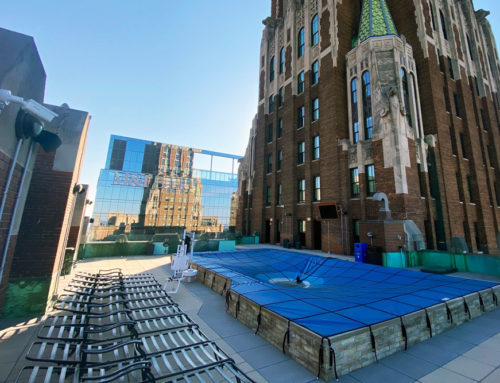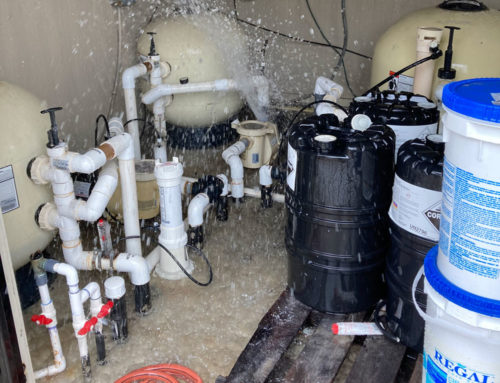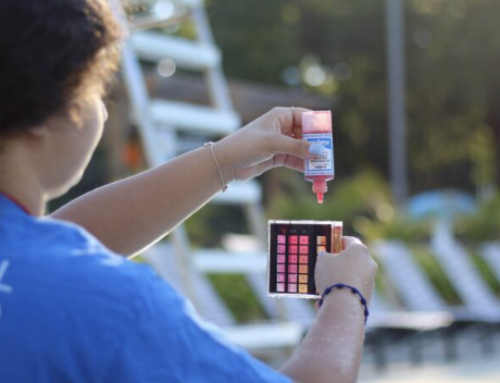Backwashing, pool draining and acid washing are common maintenance procedures that commercial pool maintenance services have to perform. Whether the water is dumped onto the landscaping or down the drain, the chemical-heavy liquid makes its way back into the environment, so it’s important to be environmentally conscious.
Recreation Management magazine pointed out that there are local regulations regarding where pool water can be disposed of, the acceptable chemical and TDS discharge levels that every commercial facility manager should be familiar with these rules. However, maintenance workers can and should take the extra step to preserve the natural environment by further treating the water before getting rid of it.
Know what’s in the water
Maintenance services are fully aware of the dangers of phosphates. A high level of phosphates can wreak havoc on a pool’s water, causing algae growth and making the pool unsafe for swimmers. Therefore, it’s important for the water to be chemically balanced.
However, when pool water is dumped for backwashing or draining, the liquid has been balanced for the pool’s environment, not for Mother Nature. The water has a higher level of phosphates, TDS and disinfectant than is normally found in the natural world, and pouring this water down the drain into the city sewers or even onto the property’s landscape will introduce a high volume of chemicals that negatively affect the natural environment. This is why certain pool compliance regulations exist, to protect an area’s ecosystem from the chemicals found in pool water.
Grasp the effect
Backwashing filters doesn’t require much water, so it could seem harmless. But if you think about how often you backwash, the volume adds up. Then, consider the number of pools in your area performing the same task and, suddenly, the simple act of pouring the water down the drain or onto the landscaping isn’t just a small amount – it all adds up.
Consideration of the type of filtration system used at a facility can dramatically cut down on the amount of water discharged during back washing. Consult your pool contractor if you’re considering changing equipment to reduce your environmental impact.
On a much larger scale, Recreation Management magazine explained that pool water is a factor in the natural environment’s “nutrient overloading,” which leads to algae. The algae decreases dissolved oxygen levels, which negatively impacts the fish population. When the nutrient-rich water makes its way into the oceans, it can lead to red algae growth, which is toxic and can injure or kill marine animals.
Counteract the chemicals
You can take environmental sustainability one step further and treat the water before dumping it out. Going the extra mile can help ensure that your facility is keeping patrons and Mother Nature happy and healthy.





